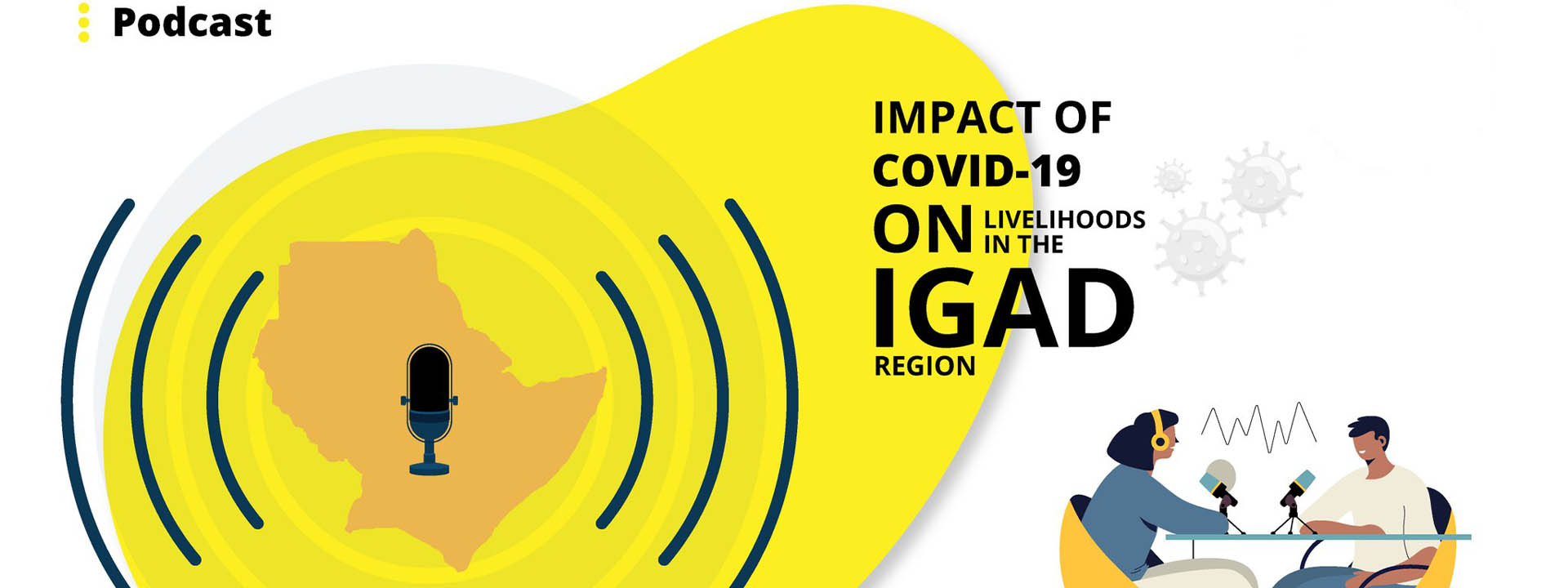The educational systems around the world are severely affected by the COVID-19 pandemic forcing them to adopt new norms as part of the global and broad fight aimed at curbing infection rates. According to information available on the World Economic Forum on the State of the Global Education Crisis: A Path to Recovery report estimated that “… students risk losing $17 trillion in lifetime earnings in present value, because of COVID-19-related school closures and economic shocks”.
The same report highlighted the following COVID-19 related loses in education in general and in low income countries in particular. These include:
- Children from low-income households, children with disabilities, and girls were less likely to access remote learning due to limited availability of electricity, connectivity, devices, accessible technologies as well as discrimination and social and gender norms.
- Learning losses were greater for students of lower socioeconomic status in various countries;
- While the gendered impact of the pandemic is still emerging, initial evidence points to larger losses among girls”.
Education in IGAD member countries was one of the most affected public goods during the pandemic. The outbreak has ignited a major education crisis in the IGAD countries, mostly, in refugee, returnee, and Internally Displaced Persons (IDPs) and Host communities’ learners and students, because of their poor infrastructure and inadequate health system.
The IGAD member states had shut down schools across the nations for varied durations. However, due to poor or lack of network infrastructure the students were not able to follow the learning sessions or complete assignments from home.
While some member countries quickly rolled out digital learning programmes, some regions/districts within did not have the means and technical infrastructure to do so, and additional challenges to continuous learning exist.
The COVID-19 outbreak also exacerbated the risk that inequalities in education will further increase. Displaced and refugee students are at a particular disadvantage, and there is a risk that progress registered in increased enrolment may be eroded.
The closure of schools, universities, technical and vocational training institutes had also affected refugee, returnee, IDPs and Host communities’ learners and students.
The IGAD Secretariat developed an accompanying implementation plan to address the COVID 19 pandemic in the region that incorporates the guarantee for continued education for vulnerable populations (refugees, returnees, IDPs and host communities).
IGAD is also working on accelerating access to inclusive and quality education for refugees, returnees, IDPs and host communities, especially through shared responsibilities for better results amidst the COVID 19 Crises pandemic.
For instance, IGAD has been investing efforts to prepare the teachers, students, and school administers for technological advancement to apply in the educational arena.
Let us think about how much change education can make and how much power education can bring towards making a change for refugees, returnees, IDPs and host communities.
We should all sit together and further discuss about education for refugees, returnees, IDPs and host communities in the post COVID-19 era, about how to mitigate the effects of the pandemic in such a way gains made so far in inclusive education are not eroded, while nurturing the momentum in implementation of the Djibouti Declaration on Refugee Education of 2017. We all have roles to share burdens and responsibilities on host countries.
As we all know, education is both a fundamental human right and a means for achieving the sustainable development goals.
Listen to full Podcast below.
By Mr. Furi Bonsa
Communications & Media Expert
IGAD Health & Social Development Division

